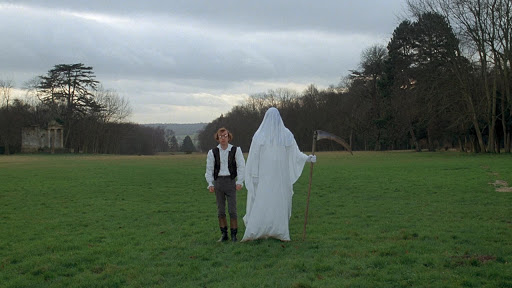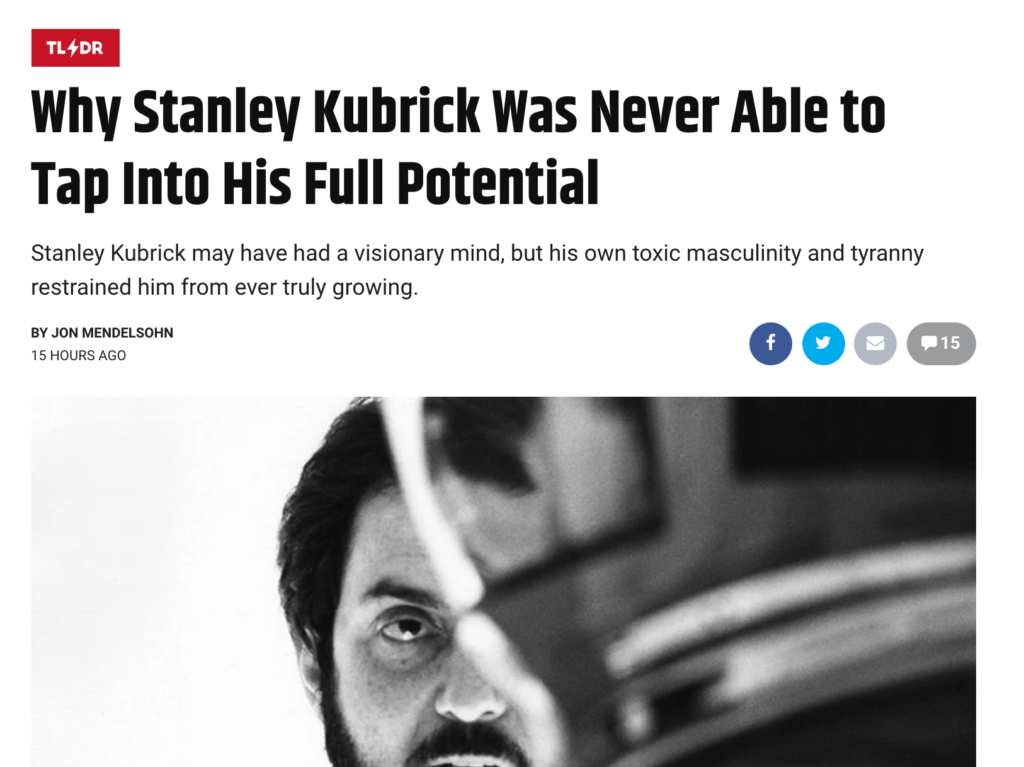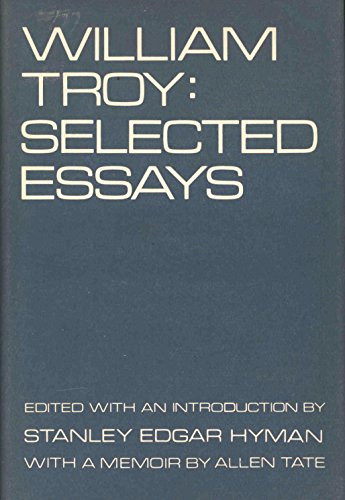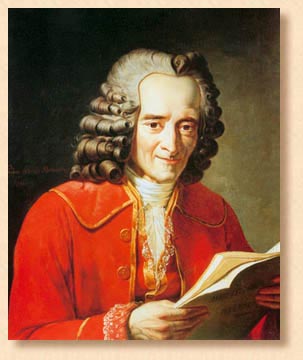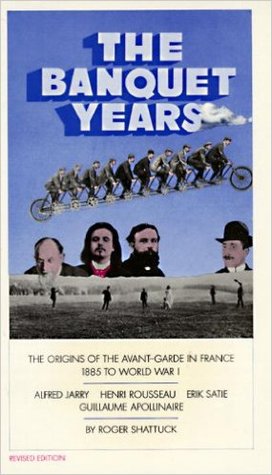I’m reading George Saunders’ A Swim in the Pond in The Rain where the celebrated author and fiction writing teacher takes us through stories by Chekhov, Tugenev, Tolstoy and Gogol and I have to admit that for days I’ve been dying to get to his discussion of Gogol’s story “The Nose” because Saunders’ fiction — inventive and absurd, reminds me much more of Gogol than the other writers. I almost wish he’d included Dosoevski’s “The Double” in the mix, for the same reasons.
One thing that occurs is that the master missed a slight detail in his discussion of “The Nose.” In the story, a social-climbing collegiate assessor named Kovalyov wakes to find that his nose has left his face in the night. The Nose then gallivants around the city, earning itself professional and social promotions until it is eventually caught by the police and returned to its owner, where it only reluctantly and after some time, rejoins his face. We’re left to imagine how the nose accomplished this. It seems, as times, to have arms, legs and a face and to be human sized and at other times it’s an ordinary nose. There’s a dreamlike quality to the narrative but an insistence by the narrator that though the story is strange and, well, doesn’t pass the smell test, that things like this happen to people all the time.
This is part of Saunders’ thesis as well — that the state of confusion and absurdity Gogol describes is really closer to the psychological state of our individual interactions with reality than the more objective renderings of Gogol’s contemporaries. We also get this sense readifn Kafka or (some of) Phillip Roth and of reading Saunders.
So, here’s the tiny thing I think Saunders missed: Kovayov goes to the newspaper to take out an advertisement offering a reward for the return of his proboscis. The newspaper clerk refuses on the grounds that such an odd notice might ruin the reputaton of the paper. The clerk also explains:
“A civil servant came in, just as you have, bringing a note, was billed two rubles seventy-three kopecks, and all the advertisement consisted of was that a black-coated poodle had run away. Doesn’t seem to amount to much, does it now? But it turned out to be a libel. This so-called poodle was treasurer of I don’t recall what institution.”
It’s just a bit of internal logic in Gogol that Saunders didn’t remark on but that I think backs up the contention of Gogol’s narrator — strange things happen.
This is a fabulous book. It really gets you reading the stories closely.
